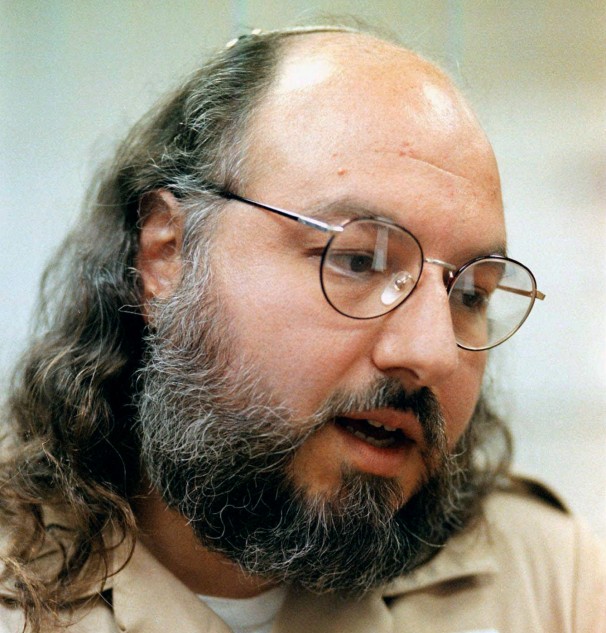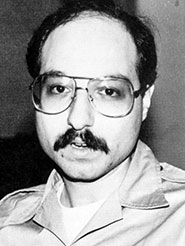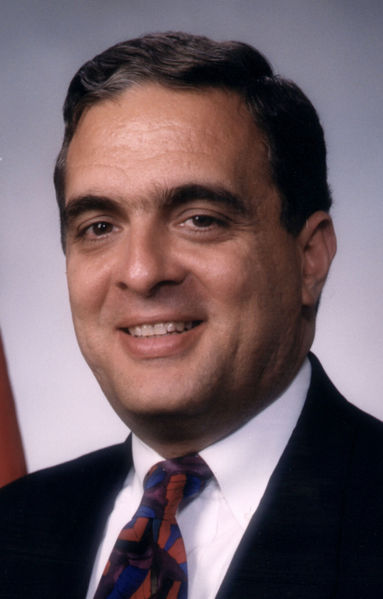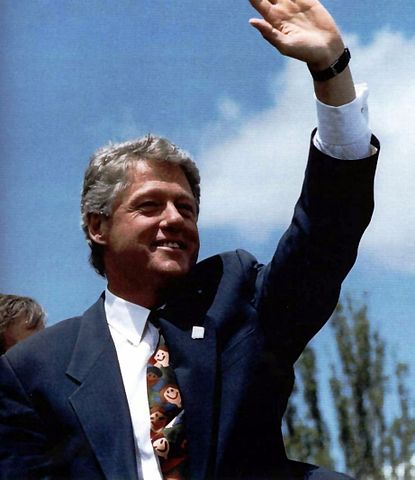Many Israelis have welcomed the news that Jonathan Pollard, the long-imprisoned spy, will be released on parole on November 20.
Pollard has the dubious distinction of having been the only American to receive a life sentence for passing classified information to a U.S. ally. He has spent the past 30 years in jail on charges of spying for Israel.

Rumours of Pollard’s release were confirmed when U.S. Attorney General Loretta Lynch said the Justice Department would not interfere in the work of the United States Parole Commission, which granted his parole on July 28.
As a result of these developments, the interminable Pollard saga — which has plagued Israel’s relationship with the United States for three decades — has virtually run its course. By the terms of his parole, Pollard, now 60, cannot leave the United States for five years. If President Barack Obama intervenes, he would be at liberty to go to Israel, but that scenario is unlikely to unfold. At this juncture, as a White House spokesman suggested, the wounds are simply too raw.
Speculation has been rife that Pollard’s release was bound up with the Obama administration’s efforts to ease tensions with Israel following the signing of the Iran nuclear agreement earlier this month. Both sides, however, deny the connection. As a U.S. government official said, “There is absolutely zero linkage between Pollard’s status and foreign policy considerations.”
The simple, unvarnished truth is that Pollard qualified for parole because he had served his time, had been a model prisoner and was no longer regarded as someone who could cause further harm to the United States.

A civilian intelligence analyst for the U.S. Navy, he might have been freed years ago if senior officials in the American security establishment had not been so opposed to granting him clemency. By their estimation, he caused severe damage to U.S national interests, far more than had been reported in the media.
President Bill Clinton, in 1998, seemed favorably disposed toward freeing Pollard, but pulled back when the director of the Central Intelligence Agency, George Tenet, threatened to resign. In the same year, seven former secretaries of defence, ranging from Donald Rumsfeld to Caspar Weinberger, came out against clemency for Pollard.

Clinton, in his memoirs, wrote, “For all the sympathy Pollard generated in Israel, he was a hard case to push in America. He had sold our country’s secrets for money, not conviction, and for years had not shown any remorse.”
A few days ago, James Clapper, the head of U.S. National Intelligence, said that Pollard is still viewed negatively among American security officials.

In retrospect, neither Pollard nor the Israeli government covered themselves with glory during this sordid affair.
Pollard, a Jew born in Texas, gave Israel vital information on Arab military capabilities and satellite photographs of PLO headquarters in Tunis. He claimed that the United States had been remiss in not having apprised Israel of this data under their 1983 Memorandum of Understanding.
For all his rationales, Pollard committed a grave crime. He betrayed the United States and cast a shadow over the loyalty of American Jews. Israel was fully complicit in this reckless exercise.
Pollard began funnelling secret information to Israel through Aviem Sella — an ex-Israeli combat pilot — in 1984. Sella worked for Rafi Eitan, the director of Lekem, the Israel Bureau for Scientific Information. By all accounts, Pollard was animated by his Zionist beliefs and the prospect of monetary and material rewards.
On November 21, 1985, he and his first wife, Anne, asked for asylum at the Israeli embassy in Washington, D.C., but were turned away by guards on Eitan’s orders. FBI agents then arrested Pollard.
Until 1998, Israel disclaimed all knowledge of Pollard, claiming he had not been an Israeli agent and had been part of a “rogue” operation. Israel finally came clean and apologized for its actions, but refused to extradite Sella to the United States, where he had been indicted on three counts of espionage.
Starting in 1995, a succession of Israeli prime ministers led by Yitzhak Rabin petitioned the United States to pardon Pollard, who has become a hero in Israeli right-wing circles and in the West Bank settler movement.
In 2007, Benjamin Netanyahu pledged to free Pollard if he were reelected prime minister.
Major American Jewish organizations called for his release, as did high-ranking former U.S. officials like George Shultz and Henry Kissinger, who had been secretary of state, and James Woolsey, who had been director of the Central Intelligence Agency.
Last year, the United States reportedly offered to release Pollard as an incentive to Israel to complete peace talks with the Palestinian Authority.
Now that the Obama administration has begun to resolve the Pollard affair, the United States and Israel may be in a position to patch up their bilateral relations, which were battered by the failure of last year’s Israel-Palestine peace talks and by Washington’s endorsement of the Iran nuclear deal.
But a lot of goodwill from both sides will be required to launch this challenging process.
